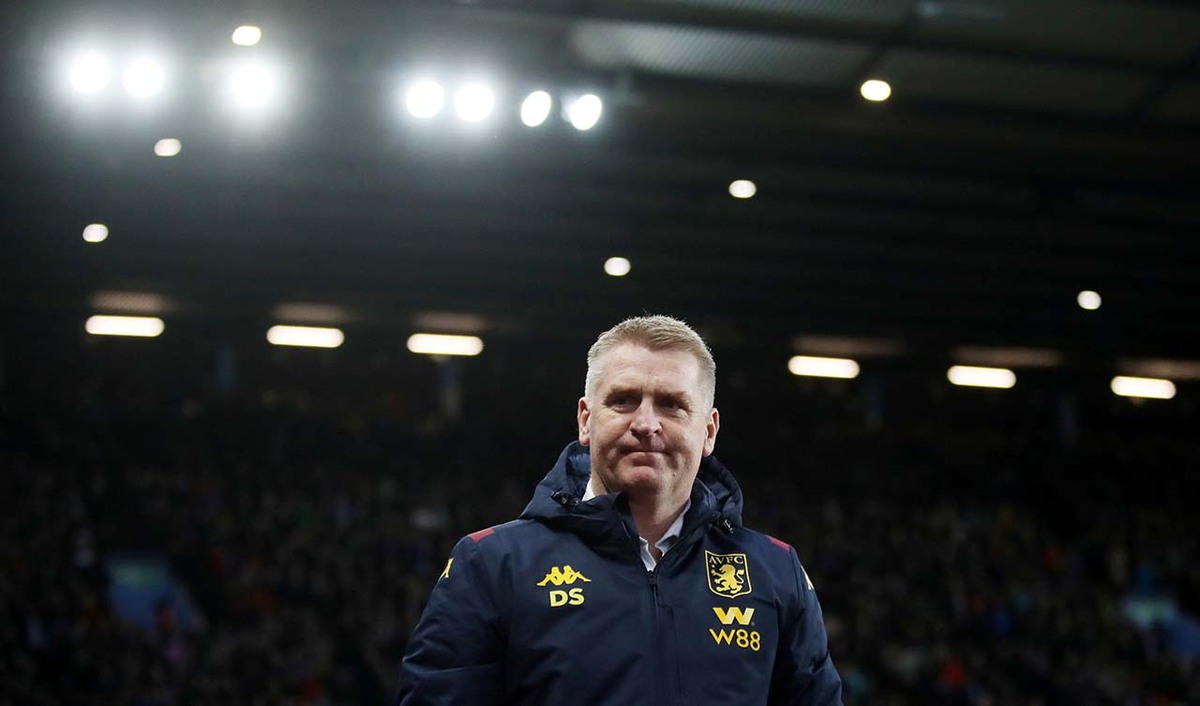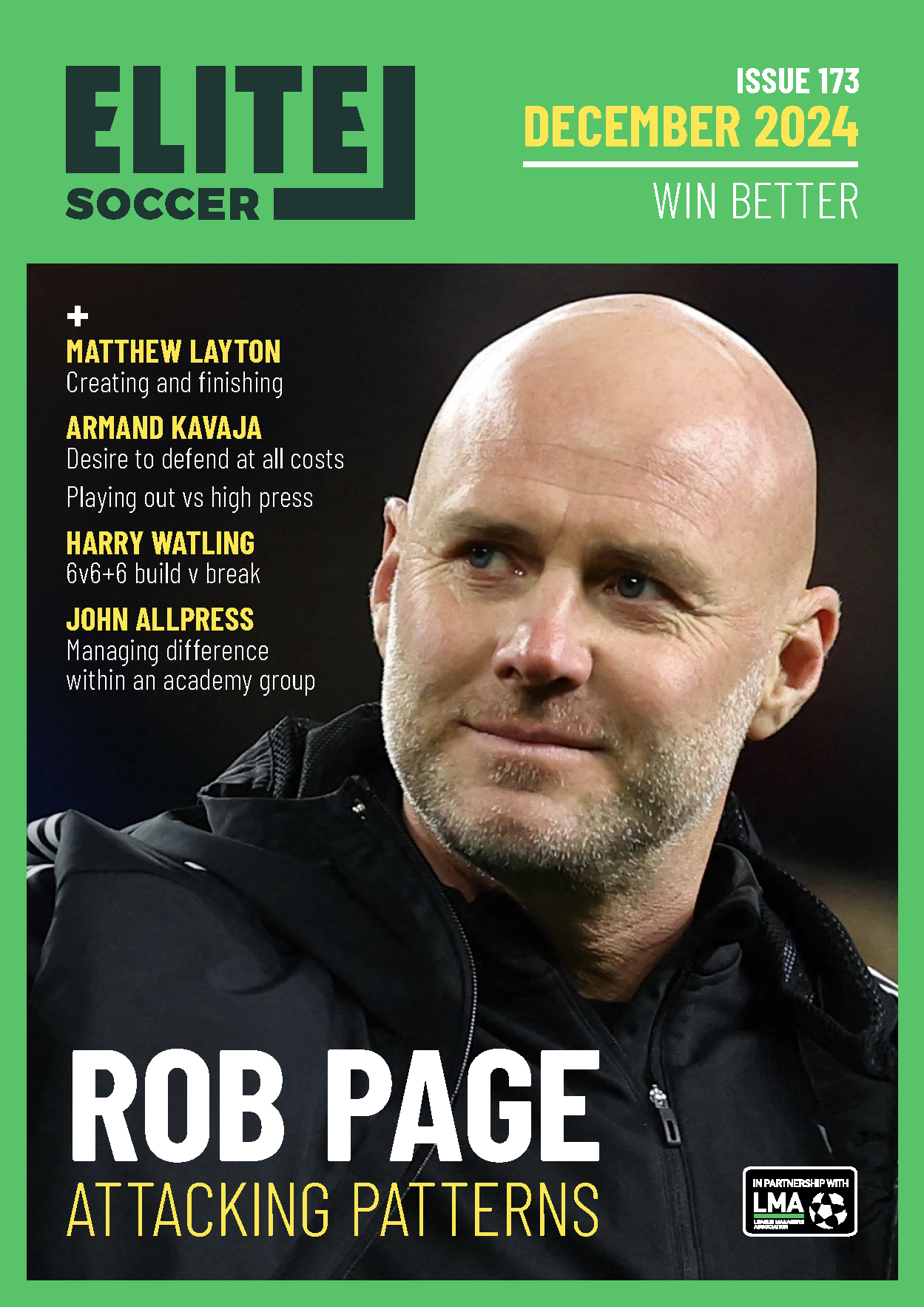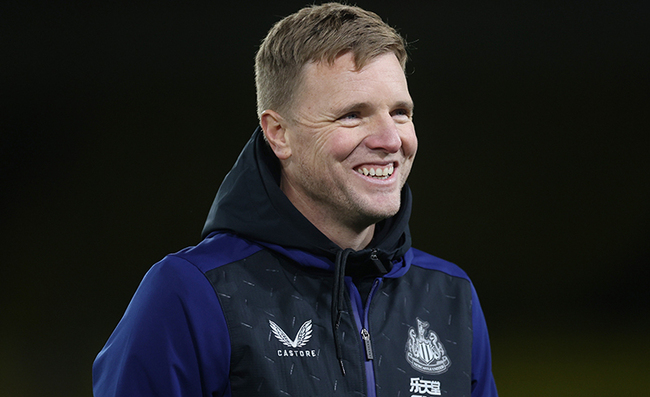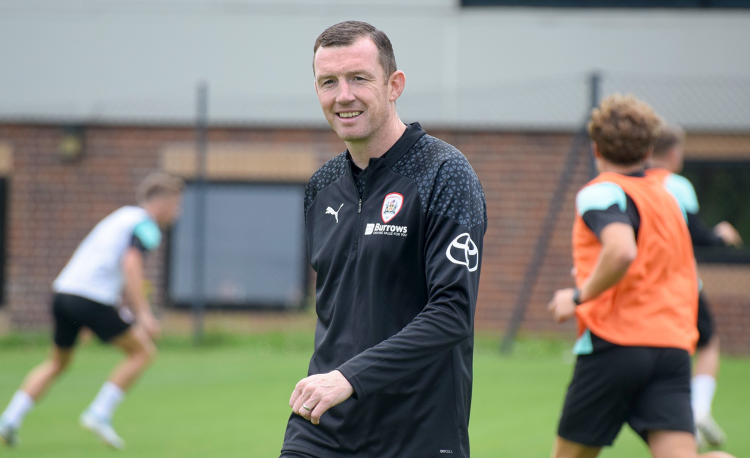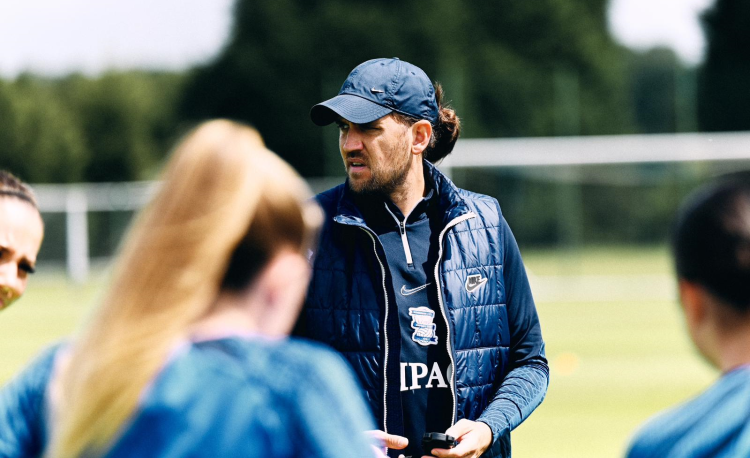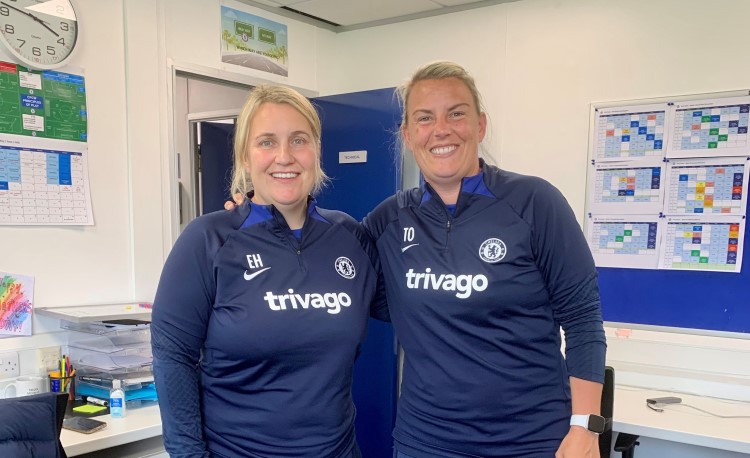You are viewing 1 of your 1 free articles
Believing in your management
Walsall manager and LMA board member Dean Smith is currently the fourth longest-standing manager in the English football leagues, bucking the trend in his first role as boss. We find out how important his 26-year history with the Saddlers has been in his tenure and success to date.
Dean Smith began his footballing career at Walsall, making over 150 appearances for the club having grown up within a few miles of its grounds. These connections can only have bolstered his desire to see the Saddlers gain in standing and reputation, but did they also help him establish himself as a fixed asset?
“It was here that I was first given the chance as a young 16-year-old to enter the professional game so I owe the club an awful lot,” he says. “When I returned to Walsall in 2009, initially as head of youth and then as manager, I knew the club and the people who support it inside out. Even the chairman is the same as when I was a player.”
He adds, however, that any manager looking to take on a new role will first need to get to grips with their club’s culture and philosophy. “Wherever you’re going you have to do your research and be fully aware of what will be expected of you as manager.”
It is arguably the respect that Smith has shown towards Walsall’s chairman, owner and board, and the investment he has placed in those relationships over the years that have been most important in his continued support at the club.
“I know that the chairman, Jeff Bonser, is a businessman first and foremost and I understand that while we don’t always need to agree, we do need an ongoing open dialogue,” he says. “It’s essential that everyone is involved in the big decisions about the club and the direction that we want it to go in,” he says. “When I took charge, the focus was very much on survival, as we were nine points adrift at the foot of League One. But once we had made it through that initial testing period we were able to focus on putting our plan and philosophy into action.”
Fast learner
Smith may also have learned a thing or two about survival from Martin Ling, who managed Leyton Orient for six years and who Smith worked under at the club as youth coach and then assistant manager.
Smith called time on his playing career with six months left on his contract at Port Vale and it was then, part way through completing his coaching qualifications that he got his first opportunity off the field at Ling’s Leyton Orient. It was, he says, a very steep learning curve at first.
“When you’re plunged in at the deep end like that, the handbook gets put aside for a while and you get to find out what being a coach is really about,” says Smith. “I realised just how much I would need to act on my feet, improvise and be organised; some days I would have three people in training and on others I would have 15.”
Within only six months at Leyton Orient, Smith had made enough of an impression to rise to the rank of assistant manager, and he believes that holding these two roles was key in preparing him for what was to come. “It helps that I have worked in a football club previously and understand how things work, but also, importantly, I understand the roles that others have around me,” he says. “It means I am better able to empathise with my staff, their requirements and responsibilities, and can help them with their various challenges.”
Smith also quickly learned the importance of settling on your own parameters for success rather than seeking external recognition and approval. “I have always been driven by a desire to prove people wrong and exceed their expectations, but in football, everyone’s opinions and expectations of you are different, so you’re never going to please everybody,” he says. “What’s important is that you believe in what you are doing and surround yourself with good, supportive people.”
Natural talent
Take a snapshot of Smith’s professional playing career and it’s evident that he showed leadership qualities from an early age. Smith became Walsall’s youngest ever captain at only 19 and later wore the armband at Hereford, Sheffield Wednesday, Port Vale and Leyton Orient.
“I was captain of every club I played for, which is some achievement,” he says. “Clearly other people saw leadership qualities in me, even if I didn’t recognise them myself at the time. Being given those positions of responsibility certainly helped me later on, though, especially in developing my ability to handle the media.”
Smith is unusual among managers in choosing not to go into the dressing room following a match. “It’s too emotive a time and, ultimately, I can’t change the result. I’ll debrief the players the following Monday instead when I can speak more rationally,” he says. “My focus immediately after a game is on what I say to the press, because it’s likely I’ll be quoted somewhere and I need to ensure that what I say conveys the right messages.”
Since making the leap from player to coach Smith has sought to advance his skills as a manager and leader and looked to find new ways to help his side perform. But staying abreast of advances in health and fitness and making use of tools such as data and analytics are not easy on his tight budget.
“As coaching staff we visit clubs at a higher level to try to learn from what they are doing and to see what ideas we might be able to implement on a smaller scale,” he says. “Sometimes you have to beg, steal or borrow what you can. For example, recently we borrowed some GPS equipment for a month, which enabled us to collect and correlate data for use in our training sessions.”
Personal and professional
Despite his budgetary restrictions, Smith does everything he can to ensure his players get the best experience possible, which is in keeping with his style of leadership. As well as focusing on performance over results, he places emphasis on the holistic development of each individual player.
“I like people and I treat players as the human beings they are,” he says. “In doing so, I think you gain their respect. I believe that, as a club, we have a duty to not only develop people in terms of their professional careers, but also to help them mature as good people. We had one player come up through the system, and just before he left the club I saw him pick some rubbish off the canteen floor and throw it in the bin. It might sound like a small thing, but that is the type of person we are trying to bring up at Walsall.”
His own development, meanwhile, continues apace and he says he learns something new every day, both on the job and by drawing on the insight of his peers.
An LMA board member since March 2014, Smith has relished the opportunity to benefit from the voices of experience. “It has been so valuable to learn from other members, who have managed so many games at the highest level. You can’t beat experience.”
Editor's Picks
Using the goalkeeper in build-up play
Pressing principles
Intensive boxes drill with goals
Penetrating the final third
Creating and finishing
My philosophy
Pressing initiation
Compact team movement
Defensive organisation
Coaches' Testimonials

Alan Pardew

Arsène Wenger

Brendan Rodgers

Carlos Carvalhal

José Mourinho

Jürgen Klopp

Pep Guardiola

Roy Hodgson

Sir Alex Ferguson

Steven Gerrard
Related
Unlocking the wing backs
Building the attack and third player runs
Play around to play through
Coaches' Testimonials

Gerald Kearney, Downtown Las Vegas Soccer Club

Paul Butler, Florida, USA

Rick Shields, Springboro, USA

Tony Green, Pierrefonds Titans, Quebec, Canada
Join the world's leading coaches and managers and discover for yourself one of the best kept secrets in coaching. No other training tool on the planet is written or read by the calibre of names you’ll find in Elite Soccer.
In a recent survey 92% of subscribers said Elite Soccer makes them more confident, 89% said it makes them a more effective coach and 91% said it makes them more inspired.
Get Monthly Inspiration
All the latest techniques and approaches
Since 2010 Elite Soccer has given subscribers exclusive insight into the training ground practices of the world’s best coaches. Published in partnership with the League Managers Association we have unparalleled access to the leading lights in the English leagues, as well as a host of international managers.
Elite Soccer exclusively features sessions written by the coaches themselves. There are no observed sessions and no sessions “in the style of”, just first-hand advice delivered direct to you from the coach.
